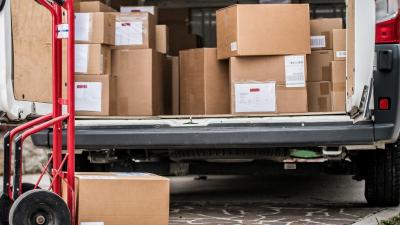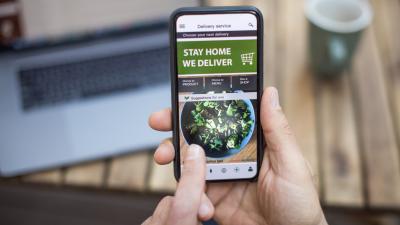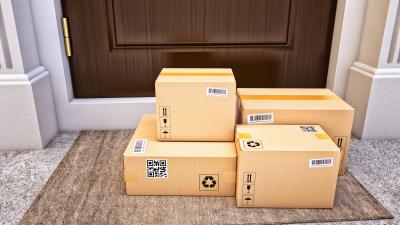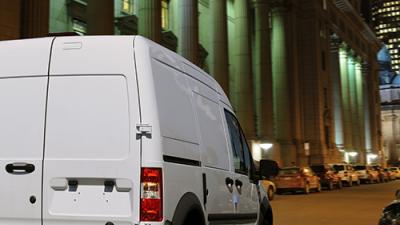Pandemic Purchasing Exacerbates Inequities in Urban Freight
The COVID-19 pandemic has exacerbated inequities in urban freight and the delivery of goods. This misalignment in the supply chain is perpetuating food insecurity, especially in areas where grocery store access is limited or non-existent and for those who have limited access to e-commerce.
Consumer Behavior Has Shifted Significantly During Pandemic, Survey Reveals
TROY, N.Y. — The COVID-19 pandemic has brought about an increase in telework and online commerce, and a significant decrease in the number of personal trips people are making. Understanding the effects of these rapid changes on the economy, supply chains, and the environment will be essential, as some of these behaviors will continue even after the pandemic has ended.
Some Online Shoppers Willing to Try New Systems, But Wary of Workplace Delivery
TROY, N.Y. — Cardboard boxes being delivered to homes and businesses — one, two, even three packages at a time — are as ubiquitous as holiday lights this time of year. While most people enjoy giving and receiving gifts throughout the season, there’s increasing concern over the rise in congestion, emissions, and energy consumption associated with an influx of deliveries. A new survey conducted by a research team at Rensselaer Polytechnic Institute indicates that some online shoppers are open to receiving packages in another way, if it would help offset this growing problem.
Tweaking Freight Delivery Patterns May Have Significant Environmental Benefits
TROY, N.Y. — As online commerce drives up the number of deliveries being made each day throughout the country, relatively small changes in the timing and frequency of freight deliveries—such as switching the standard delivery window from day to night—may have significant environmental and economic benefits, according to experts at Rensselaer Polytechnic Institute.
Rensselaer Professor Jose Holguín-Veras Elected Fellow of ASCE
Jose Holguín-Veras, the William Howard Hart Professor at Rensselaer Polytechnic Institute, was recently named a fellow of the American Society of Civil Engineers (ASCE).
Rensselaer Launches New Center of Excellence for Sustainable Urban Freight Systems
Dedicated to investigating new ways of infusing sustainability and efficiency into the way businesses send and receive goods, the new $4 million center is funded by the Volvo Research and Educational Foundations (VREF).
From 9/11 to Fukushima: The Science of Donated Stuff
Humanitarian Logistics Expert and Rensselaer Polytechnic Institute Professor Jose Holguín-Veras Impacted Personally, Professionally by Terrorist Attacks on Sept. 11, 2001 For years, Jose Holguín-Veras had a ritual. Prior to each and every monthly meeting with colleagues and former students on the 82nd floor of the World Trade Center Tower 1, he would stop and buy a hot mocha at a coffee shop on the ground level.
Jose Holguín-Veras Named William Howard Hart Professor at Rensselaer
Transportation engineering expert Jose Holguín-Veras has been named the William Howard Hart Professor at Rensselaer Polytechnic Institute. An endowed professorship is among the highest honors bestowed on a Rensselaer faculty member.





